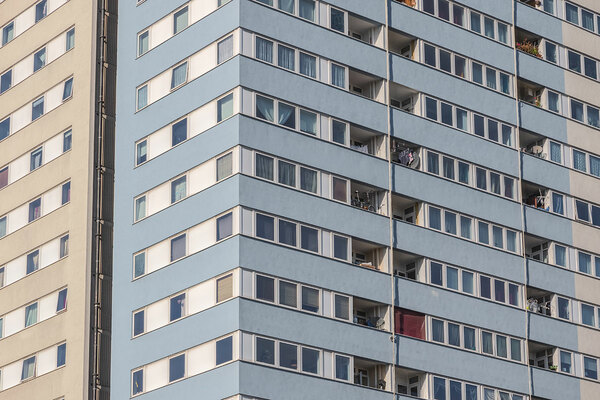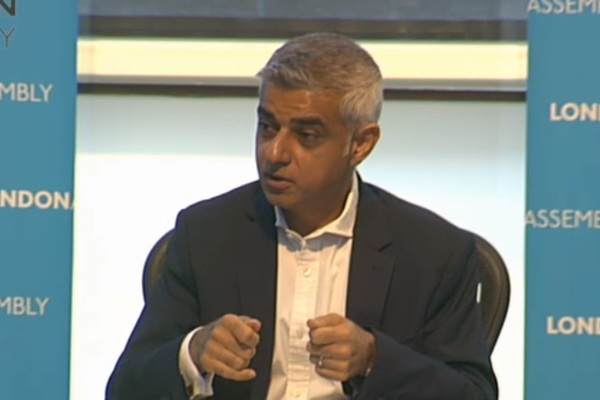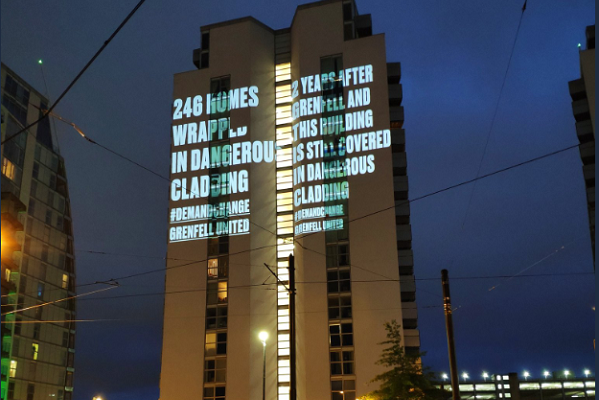MP demands clarity from government as leaseholders struggle to sell homes with cladding
An MP has demanded clarity regarding the government’s fire safety advice as potentially “hundreds of thousands” of leaseholders across the country have been left unable to sell their homes due to issues with cladding and balconies.
Matthew Pennycook, Labour MP for Greenwich and Woolwich, said a “significant number” of his constituents cannot obtain accurate valuations for their homes, as valuers have been unable to get fire risk assessors to sign off buildings compliant with government advice on cladding and balconies.
In a letter sent to housing secretary Robert Jenrick and seen by Inside Housing, Mr Pennycook said constituents’ inability to sell had seen some have job offers withdrawn and offers of school places lost because their house purchase in another part of the country had fallen through.
Mr Pennycook said he assumed the problem could be affecting “hundreds of thousands” of other leaseholders and was therefore likely to have “serious implications” for the industry.
The constituents in contact with the MP do not live in buildings with the same aluminium composite material (ACMu)o Grenfell Tower, but cannot obtain accurate mortgage valuations, as fire risk assessors cannot confirm that the materials used in the external wall systems comply with the government’s advice notes.
Advice Note 14 was reissued in December 2018 and told building owners to remove any combustible cladding unless it had passed a large-scale test or had a “robust” desktop study finding it to be safe.
Advice Note 21, issued in July in the aftermath of the Barking Riverside fire, said building owners should remove and replace any combustible materials used in balconies “as soon as practical”.
Mr Pennycook asked Mr Jenrick to confirm whether his department “intended to impose an effective ban” on property sales and remortgages until “offending” combustible materials have been removed.
Related Files
He also asked Mr Jenrick whether his department has any plans to issue further guidance in order to provide “greater clarity and certainty” to fire-risk assessors tasked with determining whether residential buildings pose a risk to resident safety.
Last month, the G15 group, which represents the largest associations in the capital, complained that government advice notes about fire safety had been “very unclear” and didn’t consider a building as a whole but separated out connected issues.
The group also said that its investigation “pointed to potentially systemic issues in the construction of tall buildings” and that the total cost of making buildings fire-safe could be as much as £6.9bn.













